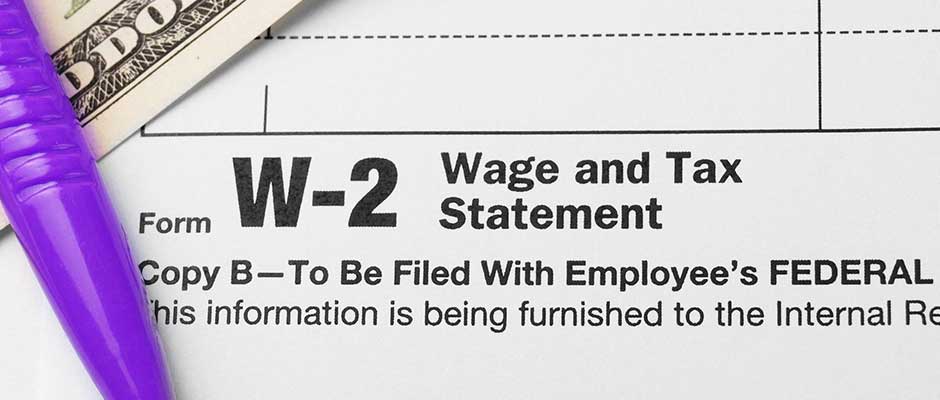
W2’s and Using the DNet Online Portal
January 26, 2021
5 Metrics to Evaluate Recruitment
March 24, 2021COVID-19 vaccines are giving people the feeling or belief that things are slowly returning to “normal”.
There are employers who may be considering requiring or encouraging workers to get vaccinated. This is allowed, within certain limits, but there are employee relations and legal challenges in mandating or incentivizing vaccines.
The benefits of the vaccine are clear, as it protects most vaccinated people from contracting COVID-19 and promotes herd immunity.
Before taking this step, employers should understand all the possible effects of that decision both operational and cultural. For example, if an employer makes COVID-19 vaccinations mandatory and excludes people from the workplace who have not gotten the shot, there may not be enough employees to keep the business operational.
There could also be moral issues at work, there have been groups that might be reluctant, or even hostile, to a requirement to get vaccinated. This is not a new attitude, since some groups have felt the same about vaccinations throughout our history. This reluctance can place employers in situations where they may anger employees.
But lost time due to COVID-19 has cost employers dearly, so having a fully vaccinated workforce may yield benefits outweighing any temporary anger employees might feel.
Balance in all things.
A mandated vaccine policy should be balanced with overall risks to the organization, consideration of specific job functions, and the importance of the vaccine to the employer’s operations.
Companies may have a legal right to require employees to get vaccinated, but many companies would rather incentivize employees first to encourage them to make the decision,
There are legal risks which include litigation arising from the failure to make exceptions for those who object, and potential workers’ compensation liability for side effects.
The Equal Employment Opportunity Commission (EEOC) has stated that administration of a COVID-19 vaccination to an employee does not constitute a medical examination for the purposes of the Americans with Disabilities Act (ADA).

However, pre-screening vaccination questions may implicate the ADA’s prohibition on disability-related inquiries and Title II of the Genetic Information Nondiscrimination Act.
If the employer requires vaccines, the employer must show the screening inquiries are job-related and consistent with business necessity. In other words, would an unvaccinated employee pose a threat to the health or safety of himself or herself, or others?
In addition to workers’ compensation laws and the ADA laws that may come into play, we should include the Occupational Safety and Health Act, which requires employers to provide employees with a safe workplace. Also, the National Labor Relations Act prevents employers from infringing upon workers’ “protected concerted activity”, such as an effort to oppose mandatory vaccines.
Another issue is whether employee time spent getting mandatory vaccines is compensable under wage and hour laws. As with regular flu shots many employers allow employees to remain on the clock which removes the wage and hour issue.
Employers should take careful realistic looks at their operations, their workforce, and their clients.
Incentives Concerns
If employers offer incentives to encourage employees to get vaccinated, employers should consider the tax consequences of such benefits. There are some limits on the size of legally permissible incentives and some incentives are taxable to the employee.
Regardless of what you initially decide – and your position may evolve – your employees will want to know where their employer stands. We recommend you communicate what you are thinking as an employer about the vaccine and what your employees should consider in making their own decisions.
- Please take a moment to read this month’s The American Rescue Plan of 2021 and 5 Metrics to Evaluate Recruitment articles, these blog articles are a great source of information.
- Download this article for distribution and printing here. All our Blogs can be viewed here.


